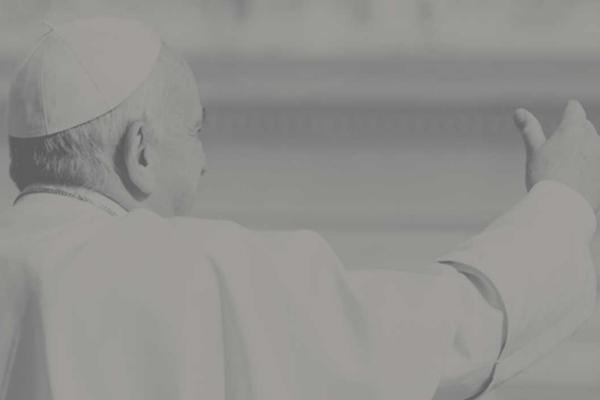Jun 18, 2015
Pope Francis writes, “All of us can cooperate as instruments of God for the care of creation, each according to his or her own culture, experience, involvements, and talents.” And it is the combination of our talents that can alter the path of destruction we have traveled down for far too long.
Pope Francis paints the picture of this path all too well.
Read the Full Article

Already a subscriber? Login
